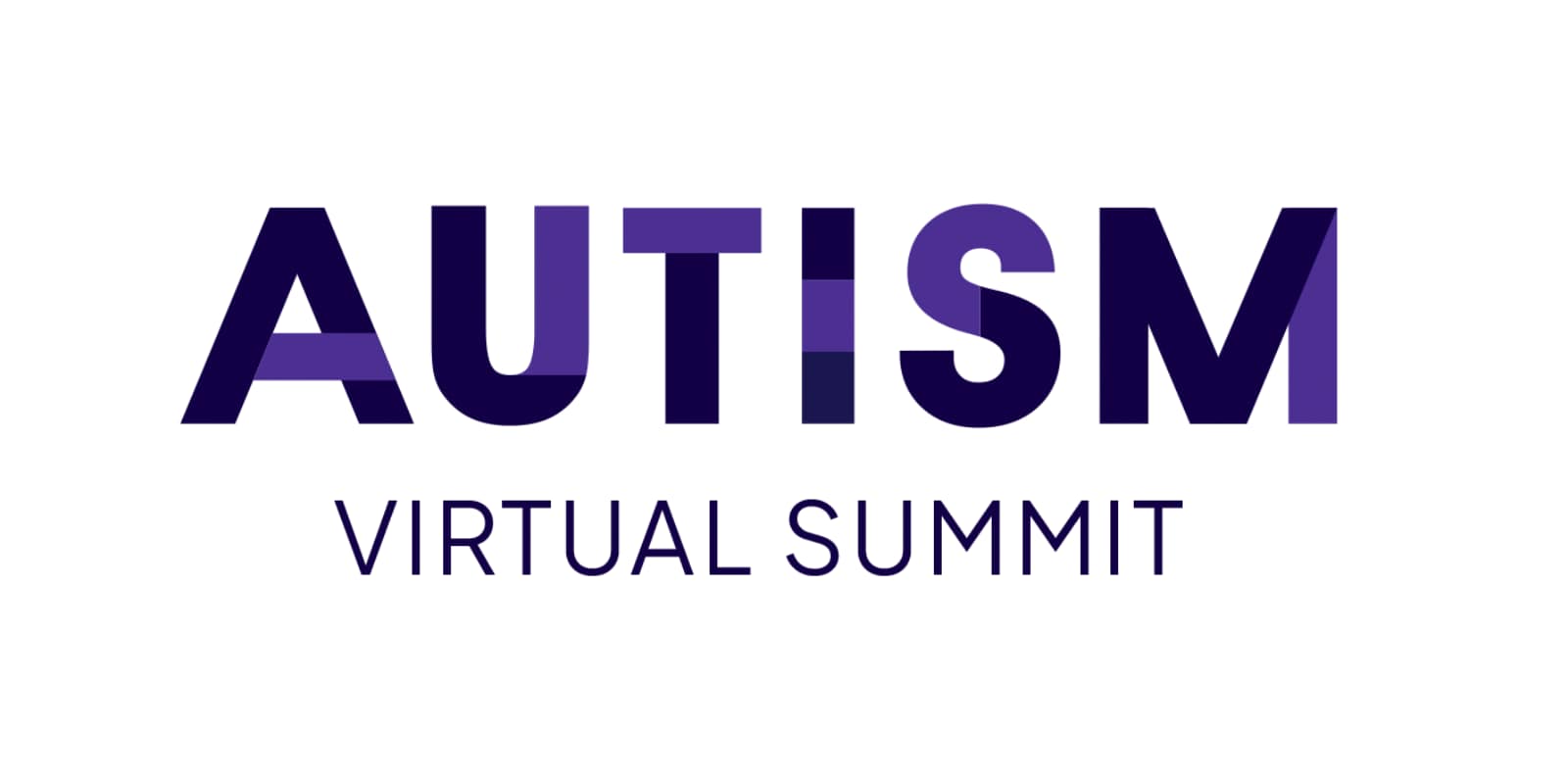Le webinaire WIAT–4 pour francophones du Canada : Tout sur le numérique mettra en vedette les options numériques en matière d'administration, de notation et de création de rapports qui sont offertes par Q-global, Q-interactive et la Bibliothèque numérique. Rejoignez-nous pour découvrir comment ces outils peuvent rationaliser votre flux de travail et rendre vos évaluations plus efficaces et plus flexibles.
General
Join us for an interactive forum event focused on assessment of the writing process - from idea formation to composition to the physical act of putting words on a page.
Join Our 2025 OT/PT Forums for Professional Development & Community Engagement. Connect with OT Experts, Provide Feedback, and Ask Questions. Register Now!
I’m Depressed! Why Does ‘Who I Am’ Matter?” Millonian Approaches to Treatment Webinar (Register Now)
Join us as Dr. Robert Tringone and Dr. Seth Grossman explore a personalized lens that targets depressive symptoms through a coordinated and integrated treatment structure based on understanding the personality structure and its effects on perpetuating symptomology. Depressive conditions continue to grow and cause ongoing concerns from physical and mental health to overall diminishment in quality of life. From the Millonian perspective, depressive and other mental health conditions are conceptualized for their context with an individual's personality style, type, or disorder.
Many individuals with autism experience differences in the way they process sensory information relative to their neurotypical peers. This webinar provides an overview of Dunn's sensory processing framework, reviews recent related research, explores two standardized sensory questionnaires, and explains how assessment results can be used to guide intervention planning and strategy formation.
Autism is a developmental disability that significantly affects verbal and nonverbal communication and social interaction. Some of the symptoms of autism may be characteristics of other developmental disabilities, so a comprehensive developmental evaluation is needed to differentiate ASD from other developmental disabilities.
Supporting struggling readers with DRA3 Word Analysis
Instructional tools and assessments for educators to help identify strengths and needs to support positive literacy outcomes in ALL
Using a 1:1 reading assessment is worth the investment! DRA3 provides critical information to cultivate strong literacy skills within your students
Connecting the teacher with the reader and using DRA3 to drive reading instruction

